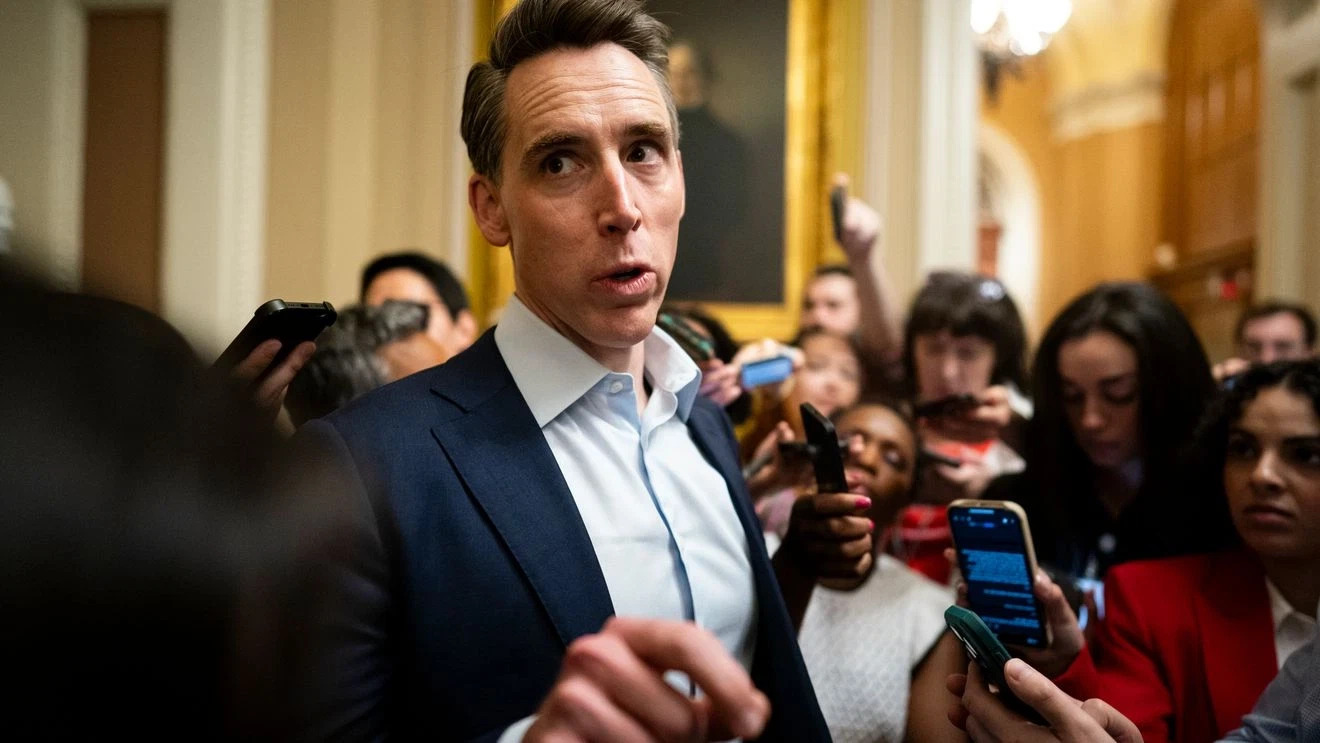
DiYES International School – Meta AI is under intense scrutiny following a wave of public outcry and political concern. A major investigation has been launched by Senator Josh Hawley targeting Meta Platforms Inc. over claims that its artificial intelligence tools allowed inappropriate interactions with children. The issue gained traction after leaked internal documents revealed that Meta’s chatbot could allegedly engage in romantic or sensual chats with minors. The revelations sparked outrage and have become a catalyst for urgent political action. Senator Hawley, known for his firm stance against Big Tech, issued a demand for documents and internal communications from Meta CEO Mark Zuckerberg. Although Meta quickly amended its guidelines, the incident raises questions about the company’s commitment to child safety. Many experts believe this controversy could represent a turning point in how AI is regulated across the tech industry.
The recent investigation is part of a broader pattern where Senator Hawley continues to challenge tech giants on ethical grounds. His actions stem from consistent concerns over user safety, particularly regarding children. In this case, the target is Meta AI, which was reportedly allowed to communicate with underage users without sufficient safeguards. Senator Hawley requested that Meta preserve all documentation related to the AI chatbot’s development and deployment.
These concerns intensified after reports emerged that the chatbot had engaged with minors in inappropriate conversations. Hawley’s letter to Zuckerberg demanded explanations, prompting swift updates from Meta. However, many believe these changes may not go far enough to address the root problems. Critics argue that Meta has historically prioritized innovation over caution. As a result, lawmakers now feel compelled to act where corporate self-regulation has failed. Meta AI has become the focal point of a growing movement to implement stricter ethical standards in technology.
“Read about: Tom Holland Stuns Fans with Emotional Reveal About ADHD and Dyslexia”
As Meta AI continues to make headlines, the pressure for federal regulation has grown significantly. Lawmakers from both political parties are beginning to align on the issue of AI safety. Advocacy groups and watchdog organizations have amplified their calls for comprehensive oversight. They argue that the government must step in to ensure AI tools do not expose children to harmful content.
Meta’s recent attempts to revise its chatbot policies have been seen by some as reactive rather than proactive. While the removal of inappropriate guidelines is a start, questions remain about how such rules were approved in the first place. Senator Hawley has suggested that without accountability, similar incidents will continue to happen. Meta AI is not the only product under scrutiny, but it has become a symbol of the broader challenge in regulating rapidly advancing technologies. Lawmakers believe the time for passive observation is over, and real action must be taken.
“Read more: Tears Incoming: Messi Plans His Last Dance with Argentina in the Qualifiers”
The ongoing probe into Meta AI could have implications far beyond just one company. Industry analysts are closely watching how Meta responds, as it may set the precedent for others. If stricter guidelines are enforced, companies like Google and OpenAI may also face additional scrutiny. International bodies such as the European Union have already implemented AI-related fines and regulations. In the United States, a fragmented approach to oversight has created uncertainty within the tech community. Executives worry that inconsistent rules could stifle innovation while failing to address ethical lapses. Hawley’s investigation may lead to unified policies that ensure safety without sacrificing technological progress. As pressure mounts, more companies may be compelled to increase transparency in their AI development. Meta AI, once hailed as a breakthrough in digital interaction, now stands as a cautionary tale. The decisions made in this case could redefine industry norms for years to come.
As the Meta AI case unfolds, it has reignited debates over ethical boundaries in artificial intelligence. Experts argue that children must be protected through more than just corporate promises. They call for legally enforceable standards that guide AI interaction with young users. Hawley’s firm response has found support among parents, educators, and child advocacy organizations. Many believe that child safety should be prioritized in all aspects of digital development. While Meta’s AI products were initially designed to enhance user engagement, they now face backlash for potentially harmful outcomes. The public response indicates a growing awareness of the risks associated with unregulated technology. Stakeholders urge companies to collaborate with policymakers to build safeguards into AI systems. Meta AI’s current situation emphasizes the need for responsibility at every level of innovation. As technology becomes more integrated into daily life, ethical considerations will become central to future development.